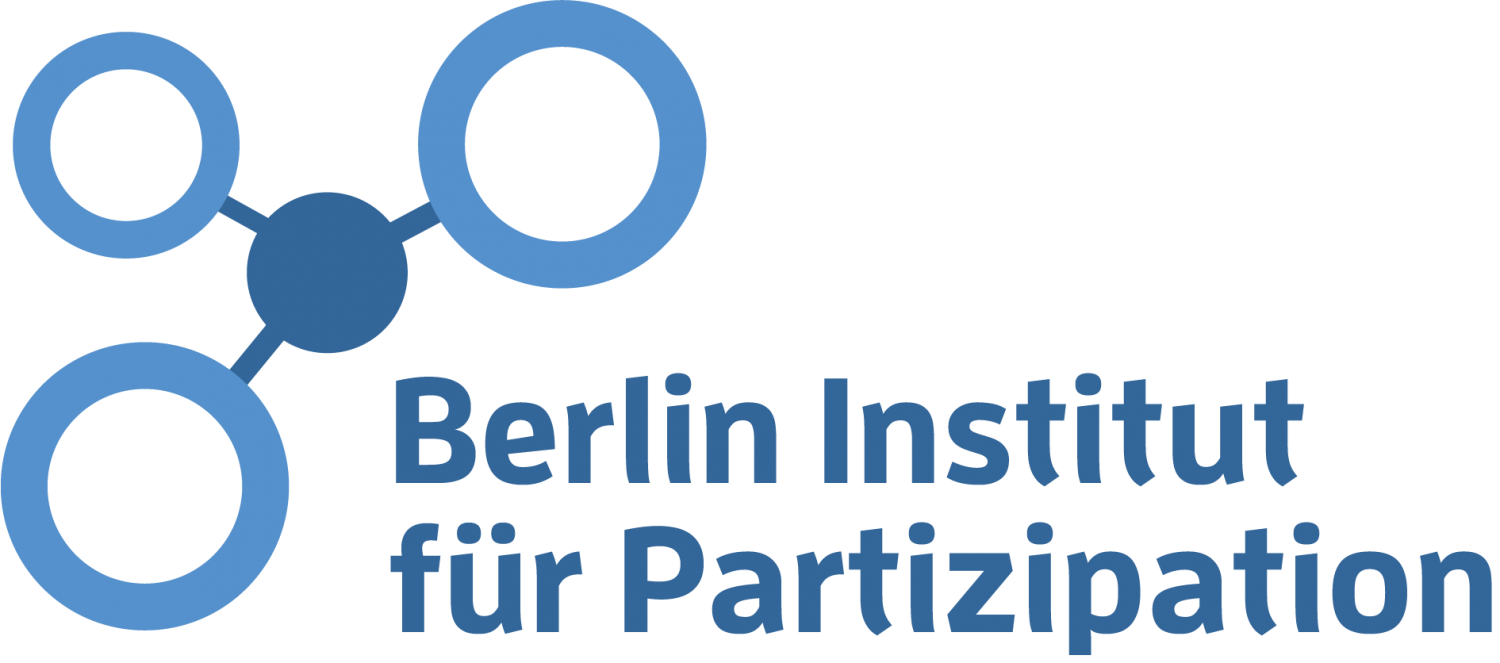Klimaschutzplan2050
 Ian Britton via
flickr.com ,
Lizenz:
CC BY-NC 2.0
Ian Britton via
flickr.com ,
Lizenz:
CC BY-NC 2.0
Zur Umsetzung deutscher Klimaschutzziele bis zum Jahr 2050 wurde von der Bundesregierung die Idee eines Klimaschutzplans2050 ins Leben gerufen, der vom Umweltministerium erarbeitet wird. Er soll Wege aufzeigen, wie Deutschland seinen Beitrag zur Begrenzung der Erderwärmung leisten kann. Die Aufgabe ist heroisch, denn sie bedeutet für die großen Industrienationen bis 2050 Emissionsminderungen um 80-95% gegenüber 1990. Um diese Herkulesaufgabe zu meistern, wird auf einen breiten gesellschaftlichen Beteiligungsdialog gesetzt: Nicht nur Länder, Kommunen und Verbände können Beiträge und Anregungen zur inhaltlichen Gestaltung des Klimaschutzplans2050 leisten, sondern auch Bürgerinnen und Bürger.
Unter folgendem Link gelangt man zu einem Onlinedialog, an dem sich interessierte Bürgerinnen und Bürger beteiligen können. Er bietet noch bis zum 21.12.2015 die Möglichkeit, Vorschläge zu diskutieren, die in einem ersten Schritt von 500 zufällig ausgewählten Teilnehmerinnen und Teilnehmern bei einem Bürgerdialog im Sommer erarbeitet wurden. Das Format bietet nicht nur die Möglichkeit, seine Zustimmung oder Ablehnung zu einem Vorschlag anzuzeigen, sondern hat eine Kommentarfunktion, sodass sich Bürgerinnen und Bürger kritisch äußern und diskutieren können. Der Onlinedialog stellt den dritten Schritt innerhalb des Verfahren zur Formulierung des Klimaschutzplanes2050 dar, das im Sommer kommenden Jahres abgeschlossen sein soll. Er schafft in Verbindung mit dem Tag des Bürgerdialogs die Grundlage für die Ausarbeitung des Bürgerreports, der anschließend von Bürgerdelegierten besprochen wird. Abschließend wird der Entwurf einem kritischen Feedback durch das Umweltministerium unterzogen, ehe er als Beschlussvorlage in den Entscheidungsprozess gegeben wird.
Literaturhinweise
Bürgerbeteiligung und Web 2.0: Potentiale und Risiken webgestützter Bürgerhaushalte Buch
Springer VS, Wiesbaden, 2013, ISBN: 978-3658010355.
Bürgerbeteiligung in Deutschland und Europa Zeitschrift
2013.
Participatory budgeting in Asia and Europe Buch
Palgrave Macmillan, Basingstoke, 2013.
Fokusgruppen in der Empirischen Sozialwissenschaft: Von der Konzeption bis zur Auswertung Buch
Springer VS, Wiesbaden , 2012.
Partizipation und Engagement im Netz. Neue Chancen für Demokratie und Medienpädagogik Sammelband
kopaed, 2012, ISBN: 978-3867363471.
Soziale und politische Teilhabe im Netz? E-Partizipation als Herausforderung Sammelband
kopaed-Verlag, 2012, ISBN: 978-3-86736-213-9.
Occupy und Acampada: Vorboten einer neuen Protestgeneration? Artikel
In: Aus Politik und Zeitgeschichte, Bd. Band 25-26, S. 36-43, 2012.
Innovating Democracy. Democratic Theory and practice after the deliberative turn Buch
Oxford University Press, Oxford, 2012, ISBN: 0199650551.
Demokratie paradox Artikel
In: Blätter für deutsche und internationale Politik, Bd. Band 1, S. 36-39, 2011.
